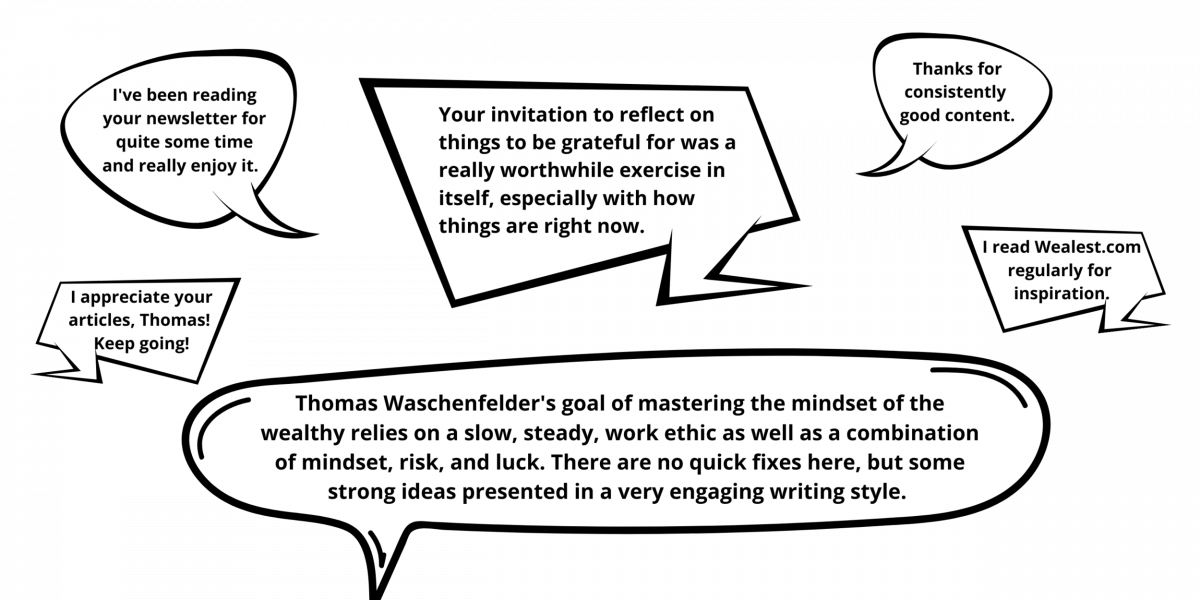Introduction
In the intricate landscape of decision-making, our choices are often influenced by hidden biases. One such cognitive bias is the Bias Caused by Incentive, where our decisions are swayed by the perceived benefits or rewards associated with a particular choice. In this blog post, we will explore the Bias Caused by Incentive, its relevance in decision-making processes, and how it is deeply rooted in human psychology. We will examine its prevalence in our day-to-day lives, and provide practical strategies to avoid falling into this mental trap.
Understanding Bias Caused by Incentive
Bias Caused by Incentive refers to the tendency of individuals to make decisions that are influenced by the anticipated rewards or benefits associated with a particular choice. This bias arises from our innate desire to seek positive outcomes and avoid negative consequences. The promise of incentives, whether tangible or intangible, can cloud our judgment and lead us to prioritize short-term gains over long-term considerations.
Relevance in Decision-Making
Bias Caused by Incentive has significant implications for decision-making processes. It can lead individuals or groups to make irrational decisions that are contrary to their best interests. By focusing solely on the potential rewards, we may overlook potential risks, ignore alternative options, and compromise long-term objectives. Understanding this bias is crucial for making more informed and objective decisions.
Examples of Bias Caused by Incentive
- Personal Life Decisions: Imagine an individual considering a career change. If they are primarily driven by the desire for a higher salary, they may overlook factors such as job satisfaction, work-life balance, or personal fulfillment. By solely focusing on the financial incentive, they may make a decision that ultimately leads to dissatisfaction or unhappiness in the long run.
- Business Scenarios: In the corporate world, Bias Caused by Incentive can manifest when decision-makers prioritize short-term profits over ethical considerations or sustainable practices. For example, a company may choose to cut corners on quality control to maximize immediate financial gains, disregarding the potential damage to its reputation and long-term viability.
- Public Policy-Making: In the realm of public policy, Bias Caused by Incentive can influence decision-making processes. Policymakers may be tempted to prioritize policies that offer quick wins or immediate benefits, even if they neglect the broader societal impact or long-term consequences. This bias can hinder the implementation of effective and sustainable policies.
Mental Biases and Underpinnings
Several mental biases contribute to the Bias Caused by Incentive. The status quo bias leads individuals to favor maintaining the current state of affairs, as it is perceived as less risky. Incentives that align with the status quo are particularly powerful in driving decision-making. Additionally, the prospect theory suggests that individuals tend to be more sensitive to potential losses than gains, leading to a bias towards choices that minimize perceived losses or maximize perceived gains.
Furthermore, social norms and social pressure play a role in Bias Caused by Incentive. People often make decisions based on what they believe is socially acceptable or expected, especially when the incentives align with those norms. This social conformity can result in biased decision-making, as individuals may prioritize external validation or approval over their own best interests.
Identifying and Avoiding Bias Caused by Incentive
To counteract Bias Caused by Incentive, it is essential to develop awareness and apply critical thinking in decision-making. Here are some practical strategies to identify and avoid this bias:
- Evaluate Long-Term Consequences: Consider the potential outcomes and impacts beyond immediate rewards. Assess the broader implications of a decision, including its alignment with your values, long-term goals, and overall well-being.
- Seek Diverse Perspectives: Engage in open dialogue and gather input from different stakeholders or individuals with varied perspectives. By considering a range of viewpoints, you can gain a more comprehensive understanding of the situation and reduce the influence of biased incentives.
- Consider Alternative Options: Explore a range of choices and evaluate them based on their intrinsic merits rather than the immediate rewards they offer. This approach helps broaden the decision-making landscape and mitigates the tendency to fixate on biased incentives.
- Reflect on Personal Values: Take the time to reflect on your personal values and priorities. By clarifying what truly matters to you, you can make decisions that align with your long-term goals and overall well-being, rather than being swayed by short-term incentives.
Conclusion
Bias Caused by Incentive is a prevalent cognitive bias that affects decision-making processes. By succumbing to this bias, individuals or groups may prioritize short-term gains, overlook potential risks, and compromise long-term objectives. Recognizing the influence of biased incentives and employing strategies to counteract them can lead to more objective decision-making and better long-term outcomes. Awareness and active avoidance of this mental trap are essential for making informed and rational choices.
